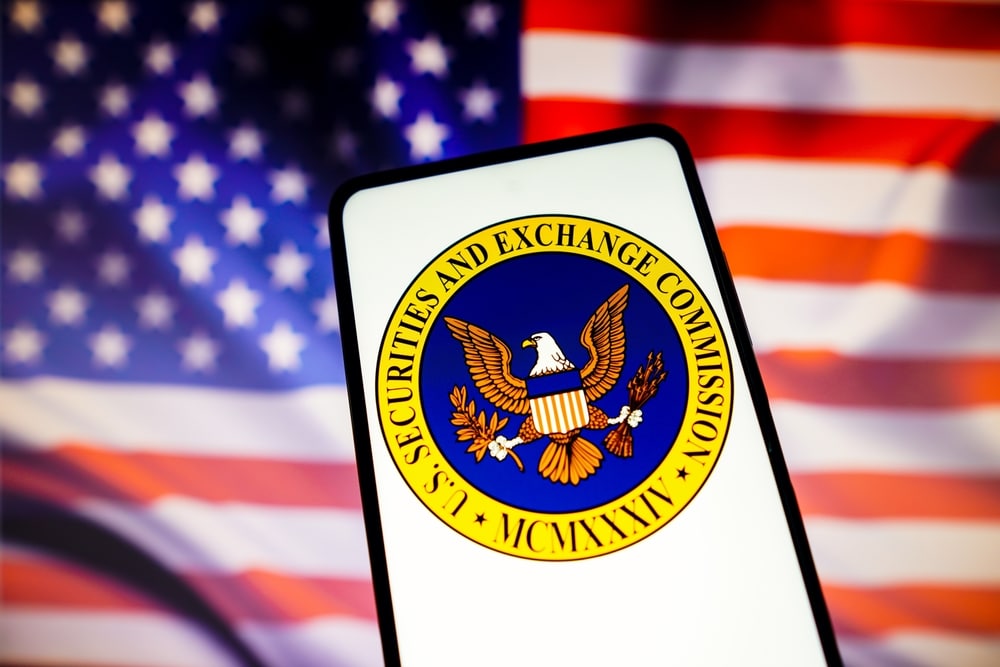
US GAO Makes Public Recommendations to SEC Before Spot Bitcoin ETF Approval
The Government Accountability Office (GAO) of the United States issued three primary suggestions to the Securities and Exchange Commission (SEC) before approving the spot Bitcoin exchange-traded fund (ETF).
The US GAO admitted that its assessment helped discover that though the Gary Gensler-led SEC runs a dedicated unit handling emerging technologies, it was inadequately equipped to address the present challenges. GAO concluded that the wing needed specific improvements.
The US GAO offered three suggestions to the SEC before issuing the notice of approval indicating authorization of 11 Bitcoin ETFs on Wednesday, January 10.
The GAO recommendations targeted workforce management within the crypto market. The recommendations sought improvement of the SEC’s workforce involved in digital assets. In particular, GAO targeted enhancing the securities regulator’s preparedness in dealing with the nascent sector in the intense years.
GAO Urges SEC’s Preparedness Relative to Future Crypto Industry Needs
The recommendations were made public on January 16, though conveyed by GAO on December 15. The GAO urged the SEC to formulate a new workforce plan besides the need to initiate policy documentation.
Also, the GAO directed the commission to formulate procedures to guide the functioning of the Strategic Hub for Innovation and Financial Technology (FinHub). GAO recommended that the SEC refine internal controls and develop performance objectives and assessments for FinHub.
GAO operates autonomously as a nonpartisan audit institution within the US legislative branch. It audits, evaluates, and investigates for the Congress.
Based on the SEC assessments and the commission’s capability in handling the crypto market growth, GAO discovered the regulator engages 116 primarily tasked with crypto assets matters.
The GAO discovered unpreparedness in SEC for failing to prepare the new workforce planning strategy with the 2019-2022 strategy yet to receive the update.
The GAO indicated that updates to the strategy would position the SEC optimally to satisfy emergent workforce needs in the future. Also, the workforce planning strategy will ease the execution of crypto-related oversight and policymaking tasks.
The GAO assessments of FinHub revealed that it facilitates the coordinated oversight of emerging technology. Nonetheless, it lacks documented policies, performance objectives, and procedures.
The GAO indicated that FinHub has already formulated operating processes to meet market participants. However, it lacks the policies and procedures necessary to support the internal controls.
The GAO offered three recommendations based on the concluded assessments. The GAO directed the SEC chair to prepare the workforce planning strategy guided by the 2022-2026 performance and strategic plans.
GAO Tracking Status of SEC’s Action Against Recommendations
The GAO integrated a live status section to each suggestion to indicate whether the commission would take appropriate action.
The GAO recommendations preceded the SEC’s historical approval of 11 spot Bitcoin ETF applications. A review of the internal document made public by the Commission reveals that SEC chair Gary Gensler decided the vote in favor of the BTC ETFs with two commissioners against them.
The move surprised the investment community that Gensler voted to approve the crypto ETF following a decade of rejections.
Bitcoin critic Peter Schiff indicated that the SEC chair was cornered into approving the spot Bitcoin ETF. He warned that the chair would likely introduce onerous crypto regulations to increase the Bitcoin tract of actions ultimately.
Schiff considers that an increased transaction cost should sabotage the use cases, translating to a sharp price decline.
Editorial credit: rafapress / Shutterstock.com




